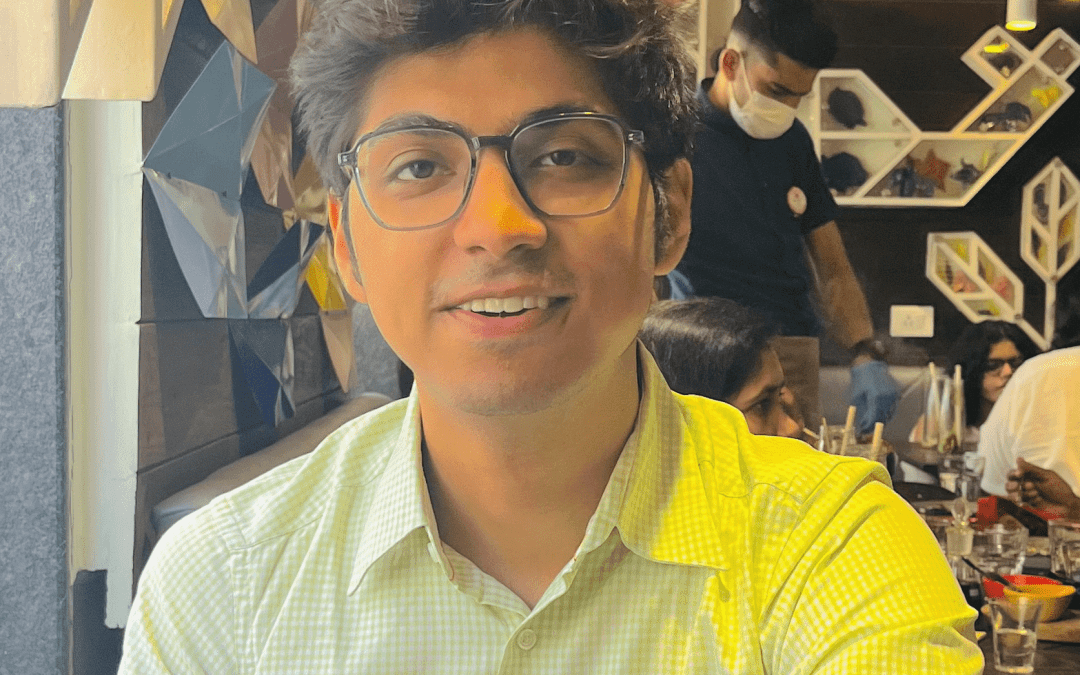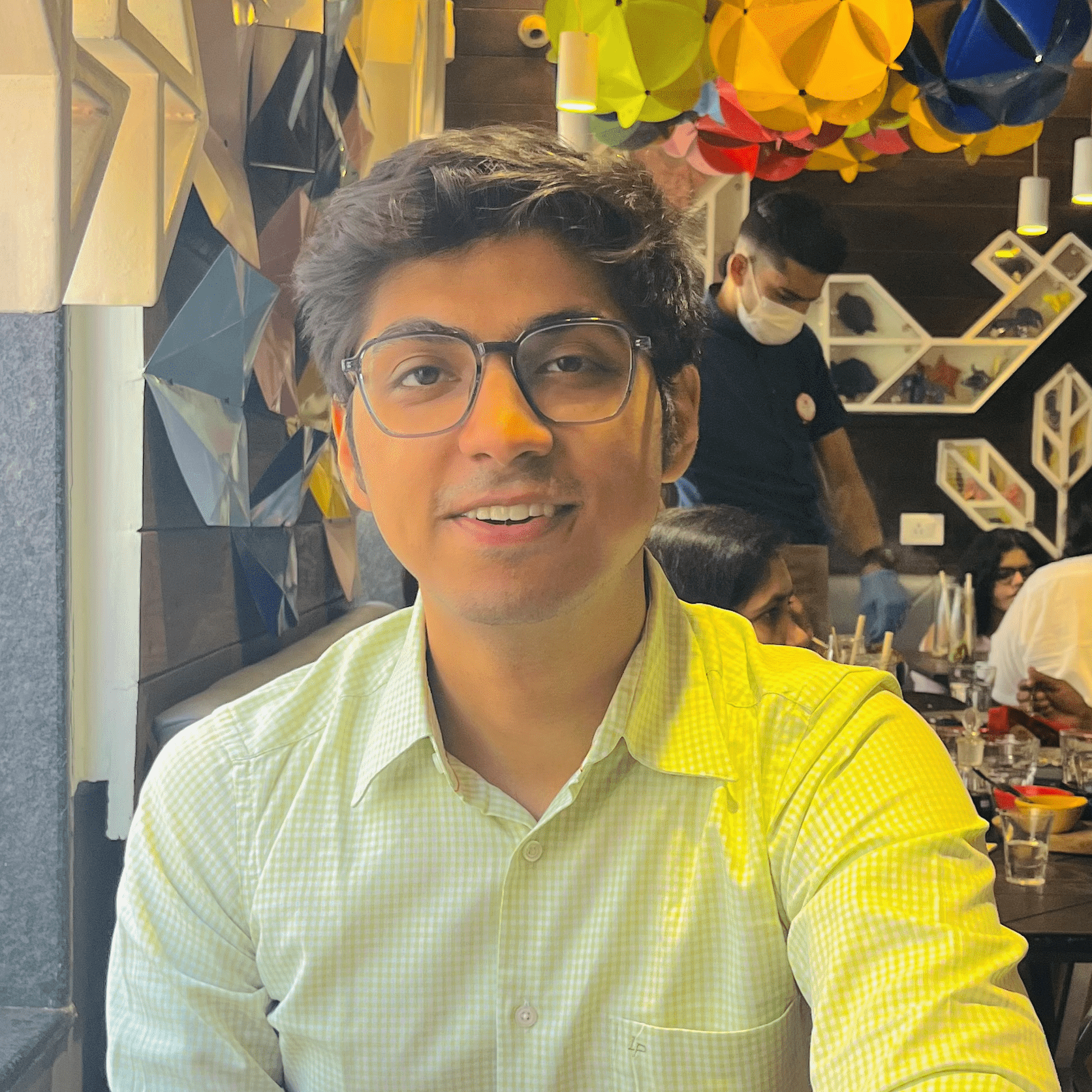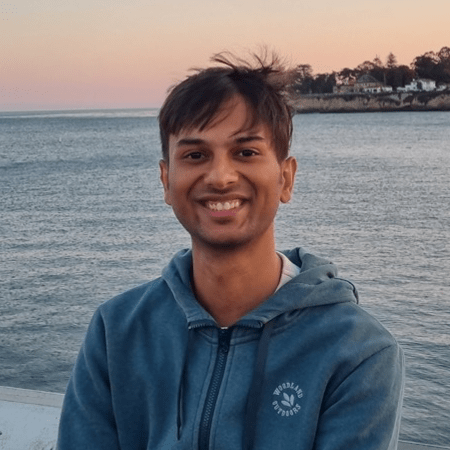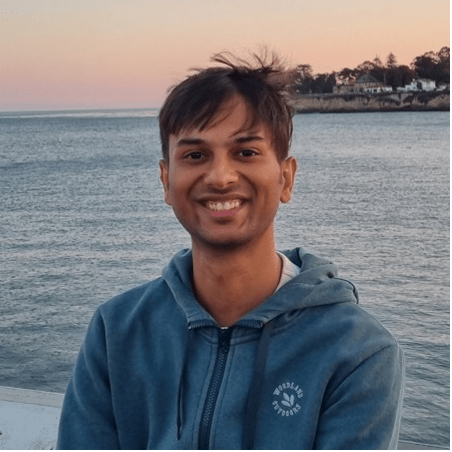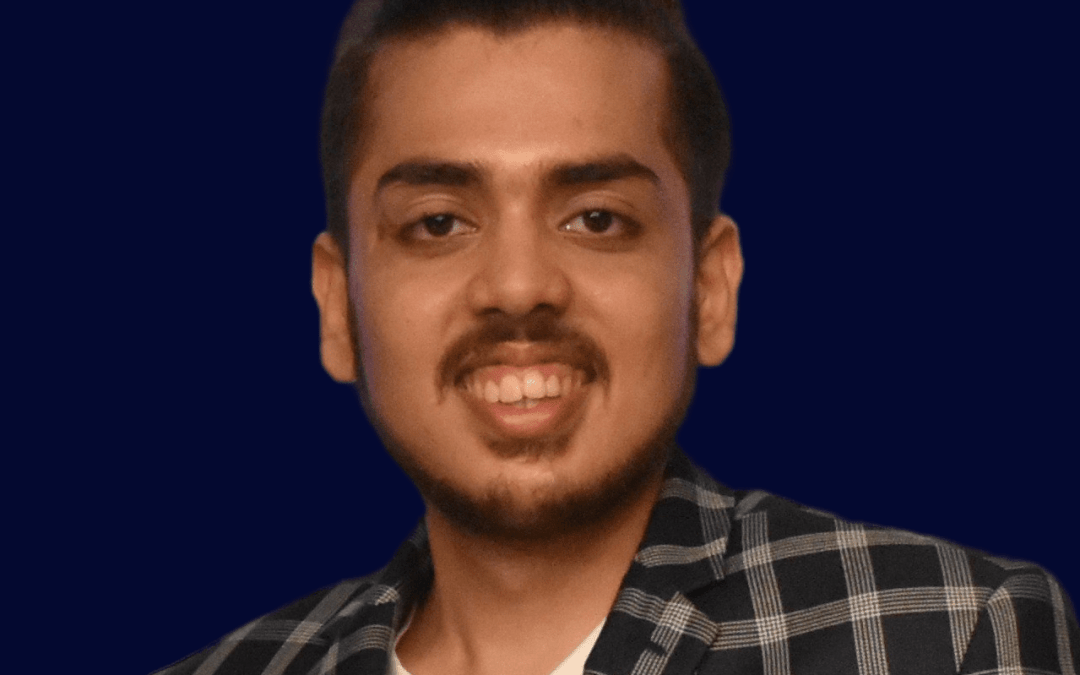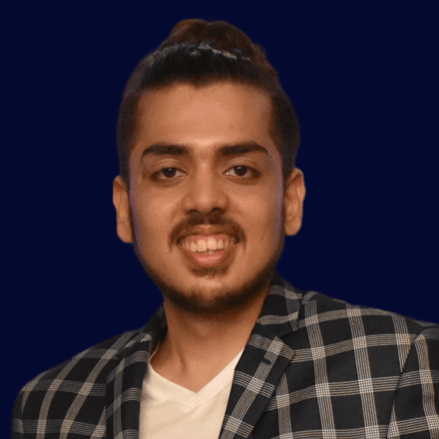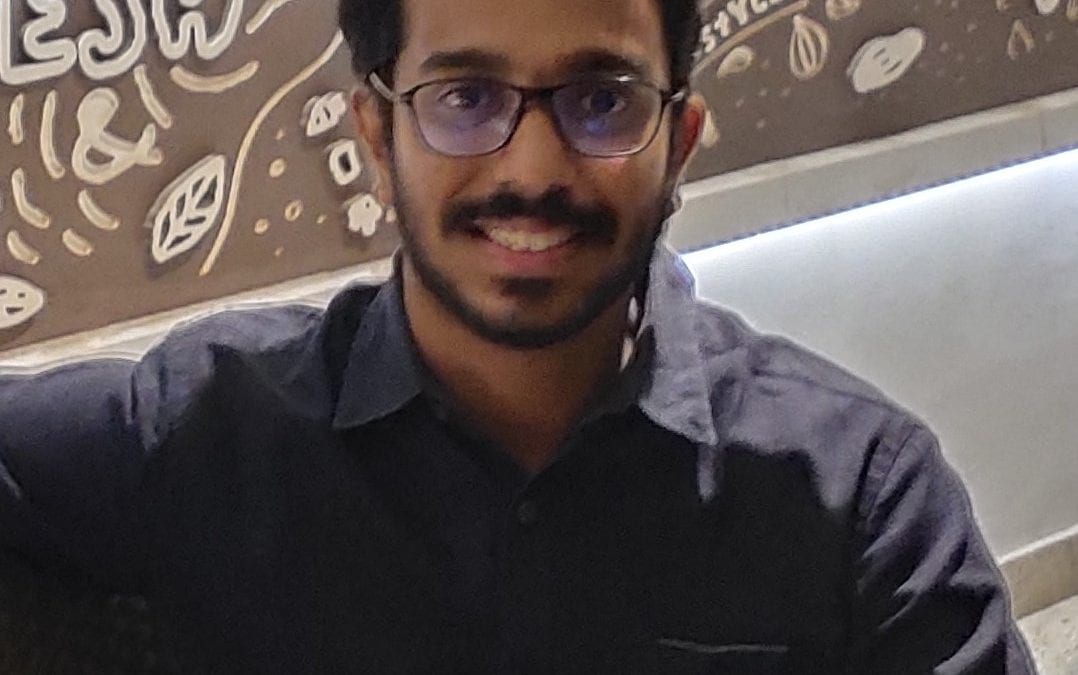
Dhananjay Sonawane
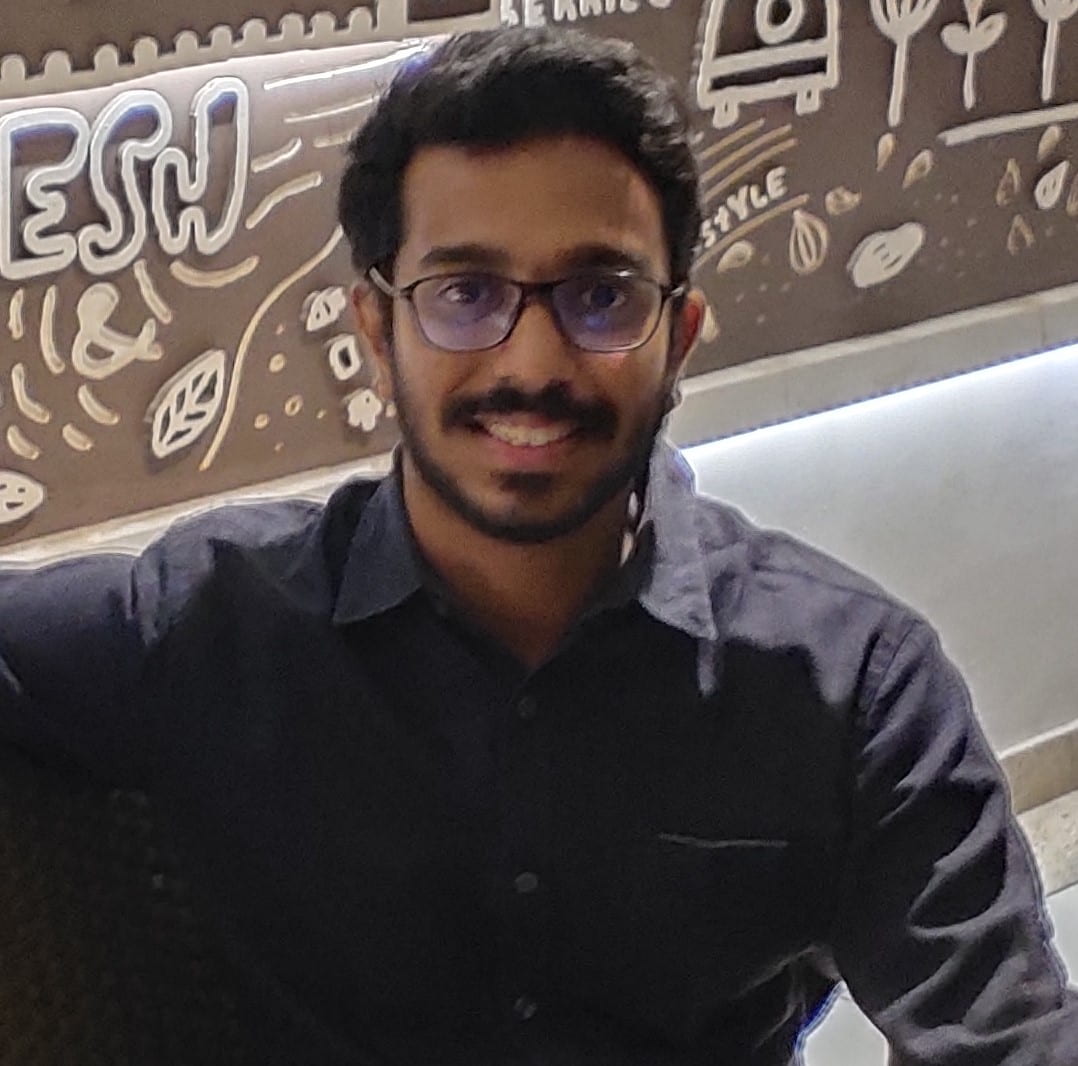
Undergraduate major: Bachelor’s in Electronics and Telecommunication
Undergraduate Institution: Sardar Patel Institute of Technology
First master’s degree: Master’s of Computer Science, Indian Institute of Technology Gandhinagar
Dhananjay is an Natural Language Processing MS student with a professional background in machine learning. Alongside being a student, Dhananjay is building an Alexa TaskBot and serves as a teaching assistant at UC Santa Cruz. Keep reading to learn more about Dhananjay’s diverse set of skills and future professional aspirations.
What led you to your interest in NLP?
I worked at Compass as a machine learning engineer. I got a chance to work on NLP problems as part of the search team, helping real estate agents improve their searches. I realized I wanted to take a step further and do a deep dive into NLP, and that’s why I chose to do the NLP MS program.
What excites you about NLP development?
The technology trends right now such as ChatGPT and transformers are exciting. I want to study it more and solve problems using them. It’s evolving technology, and we get new research every day with a lot of potential. I believe that it will be a crucial part of artificial intelligence in the future. Amazon Alexa or Siri are real time applications, and I can see how huge of an impact NLP can make in people’s lives.
For example, I am part of the Amazon Alexa TaskBot Challenge. I’m building the Alexa TaskBot that can solve DIY or recipe tasks for human users. This is a narrow scope, and I can see that it has a lot more potential to solve really complex problems.
Can you tell me more about the Amazon Alexa Taskbot challenge?
The Taskbot challenge is organized by Amazon each year where they select 10 teams across the globe. I’m really proud that we were 1 out of 10 selected. Our team is working with Professor Xin (Eric) Wang and a PhD student from Professor Wang’s research group. We gave a proposal to Amazon, and Amazon reviewed and selected teams based on the proposed solutions to the two problems: helping users with DIY tasks and recipes. Then we had a bootcamp in Seattle where we got training, guidelines, and tools to solve this problem.
We have ongoing work and meetings at the main campus, and I commute there weekly with the Silicon Valley Connector shuttle. We also have meetings with the Amazon Alexa team where they give us feedback on how our bot is performing, what improvements to make, as well as future steps to consider to excel in this competition.
What do you think about the program so far?
The program so far has been really good. I have completed six courses now. All of the six courses were directly related to NLP and ML, and I really like this program. We started with the basic foundations of ML and NLP, and we moved onto Transformers and Deep learning methodologies. I like the way the program has been structured.
We also have the NLP 280 Seminars. I really appreciate that these are included in this program. It gives us professional exposure to how NLP is actually happening within industry right now. A specific talk I really liked is about Grounded LLMs for Conversation Agents. The speaker had worked on Siri, Google Assistant, and Alexa. You can imagine how much potential NLP has because the person who has worked on major conversational AI systems is giving the talk.
Can you tell me more about being a TA on main campus?
This is my third quarter as a teaching assistant for the class CSE 114 Programming Languages. This class is about functional programming using the Haskell programming language. A fun fact is that I had not learned this language before I got introduced to it for this TAship. It was like an additional course on top of NLP. It was not too difficult to learn because I had previously worked with multiple programming languages.
A TAship gives additional experience alongside your master’s degree. You work with the professor, and you help set up the assignments and support the students in the course. In my TA sections, I go over the concepts taught in a week, and I also go over upcoming assignments. I also hold office hours where students drop in to ask questions about assignments or difficult concepts.
What do you plan to do when you graduate?
My goal is to stay in the industry. My motivation for joining this program was to learn more about NLP and apply it to the industry. I want to get some hands-on exposure with NLP and use the tools or theories that I’m learning to practically solve problems. My long-term goal is to become an architect in NLP. I want to design an end-to-end architecture, taking a problem from the basics (for example, data analysis) through to production.

